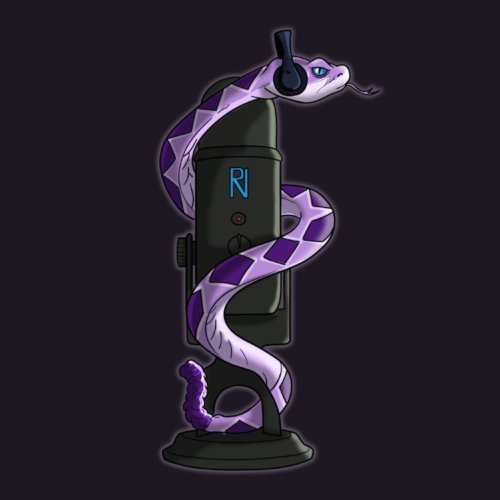Shaking the Stigma of Depression and Anxiety | 5
Since my diagnosis, I’ve experienced panic attacks, anxious days of feeling inadequate and stretches of melancholy and mourning my life before Parkinson’s. In this episode of the When Life Gives You Parkinson’s podcast we explore anxiety and depression as symptoms of Parkinson’s disease and how people are dealing with these and other hidden symptoms of Parkinson’s.
“I was afraid the building would collapse and I wouldn’t be able to get help.” Hilary Vanderliek,our guest this week, lists anxiety as one of her “hidden” or non-motor symptoms of Parkinson’s disease.
“I usually start panicking if I feel like I can’t get a hold of somebody or I need something that I can’t have. Whether it is someone helping me, or getting water or pills, or changing my outfit so I’m more comfortable, or me needing to go to the hospital because they’ll be able to help whatever issues I’m having.” Issues she describes as feeling stuck, shaking so bad she can’t walk or being so weak she can’t move to get to where she needs to go.
When it comes to Parkinson’s most people are aware of the tell-tale tremors. I, and others, also have issues with our gait which makes walking more difficult. People with Parkinson’s are slow to initiate movement, have balance issues, and muscle rigidity. But, those are all motor symptoms you can see.
There are a whole host of other symptoms people with Parkinson’s deal with that you may never know. Parkinson Canada details 27 of these symptoms on its website including difficulty swallowing, pain, sexual dysfunction, and insomnia. Anxiety and depression also made the list. Experts now say more than half of all people with Parkinson’s will develop anxiety or depression.
Depression and anxiety in people with Parkinson’s is not solely a reaction to the diagnosis. Most often it’s due to changes in brain chemistry, circuits and neural pathways that control your mood.
Long before his Parkinson’s diagnosis, the initial symptoms for Tony Dawson, 76, were more psychological than physical. “They tended to circle around a feeling of depression which I had not been used to feeling earlier in my life.”
And it’s not just a case of, “Oh, I feel bad today.” Everyone gets that feeling from time to time. “(Depression) is that persistent feeling and sadness that you have,” says Kimberly Singian RN, who authored a paper in the Canadian Medical Association Journal on depression and Parkinson’s. “Feeling fatigued, even feelings of guilt and being worthless. Your sleep can be affected, your appetite and also your weight.”
Symptoms of anxiety may include nervousness, worrying, feeling jittery, and may not have a direct cause, or may seem to be an over-reaction.
Follow me, Larry Gifford
Twitter: @ParkinsonsPod
Facebook: Facebook.com/ParkinsonsPod
Instagram: @parkinsonspod
Follow Co-host and Producer Niki Reitmeyer
Twitter: @Niki_Reitmayer
Thank you to Hilary Vanderliek, Tony Dawson, Jonny Acheson, Kimberly Singian RN, and my wife Rebecca Gifford.
Here is a link to Hilary’s website.
Here is a link to the YouTube video on the hidden symptoms of Parkinson’s disease mentioned by Jonny in the podcast
For more info on our partner Parkinson Canada head to http://www.parkinson.ca/
The toll free hotline is 1-800-565-3000
Or follow them on Twitter
Parkinson Canada @ParkinsonCanada
Parkinson Society BC @ParkinsonsBC
Credits
Dila Velazquez – Story Producer
Rob Johnston – Senior Audio Producer
































